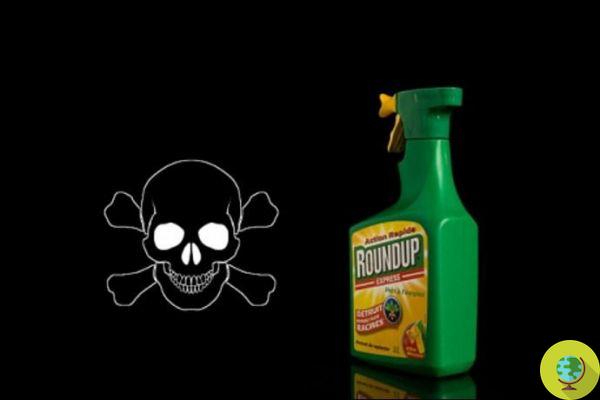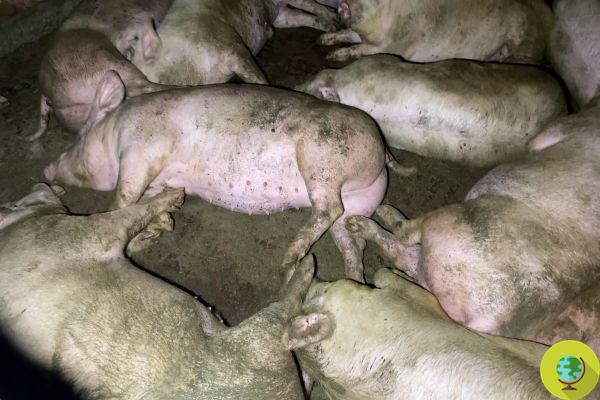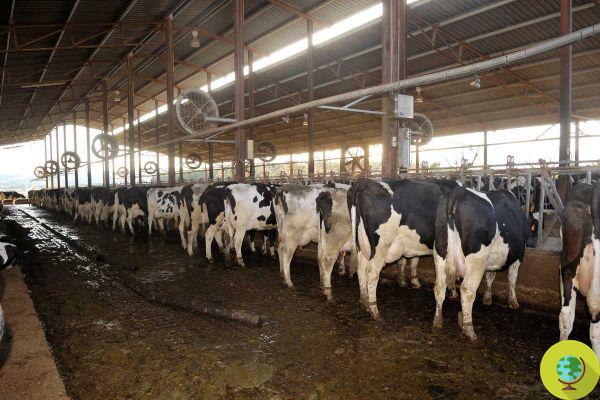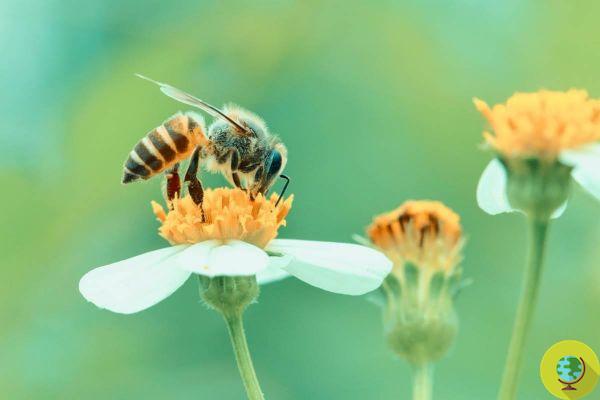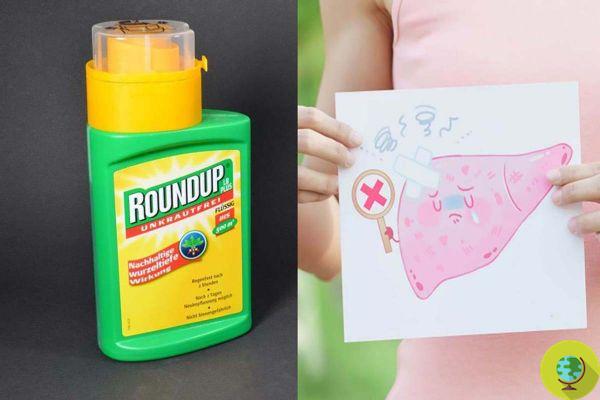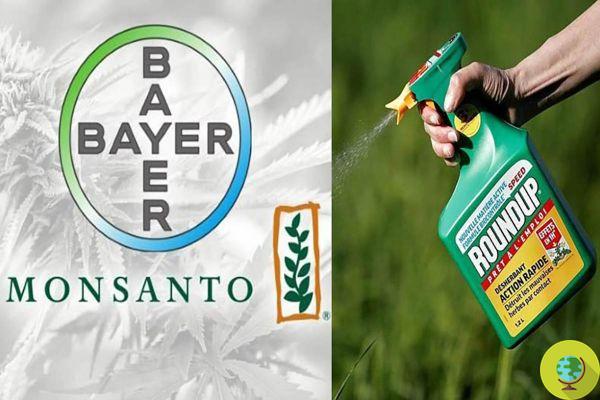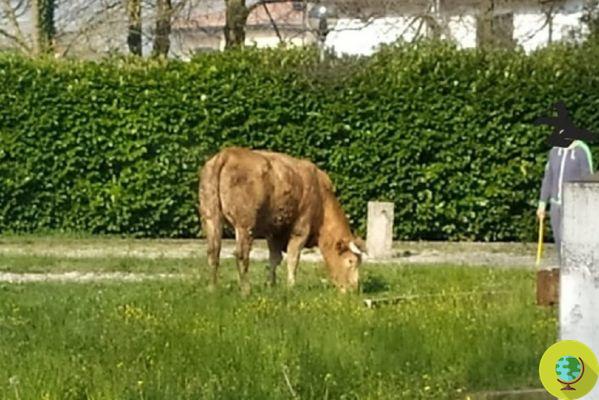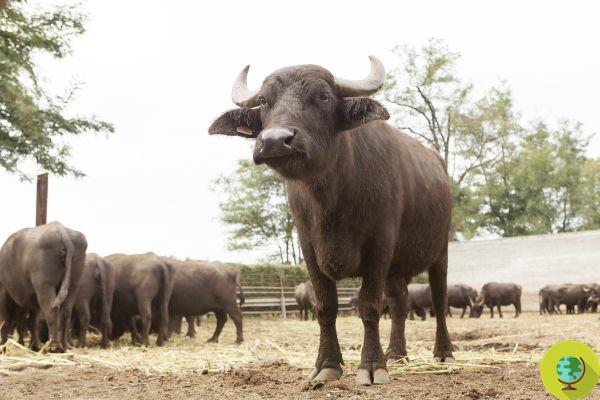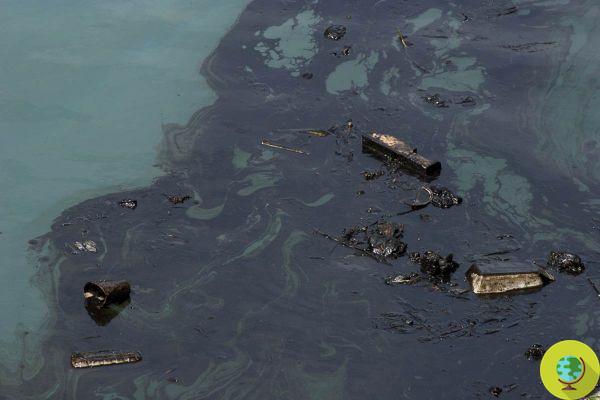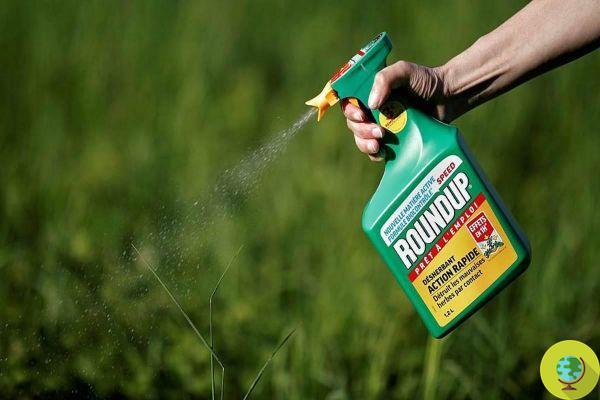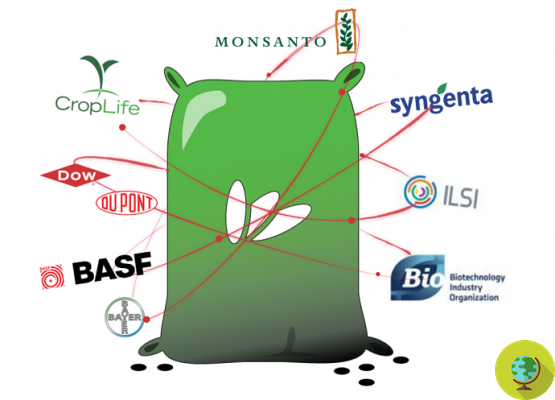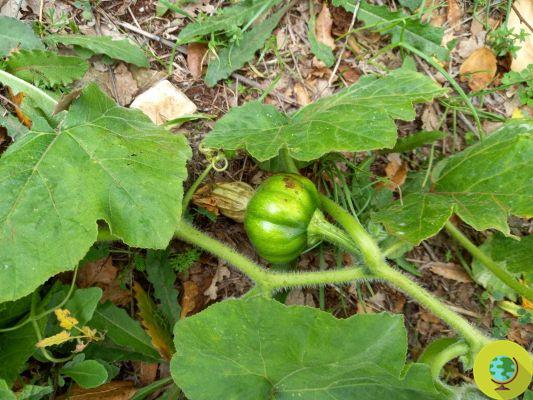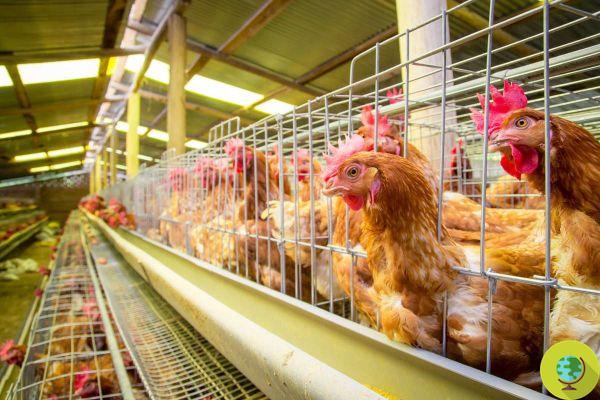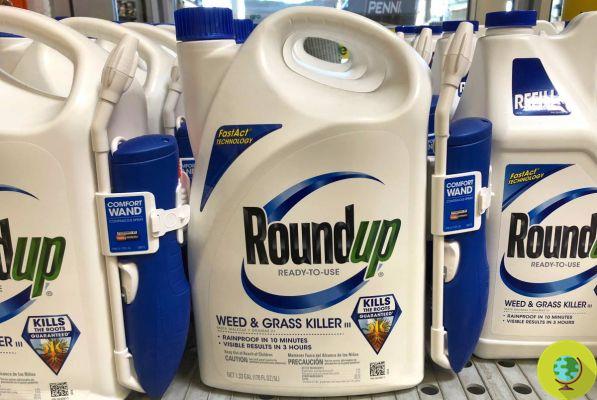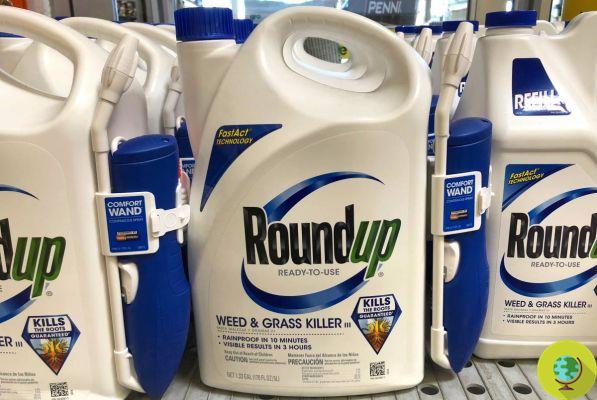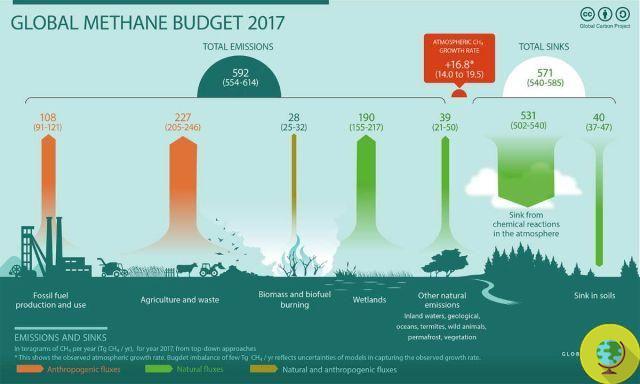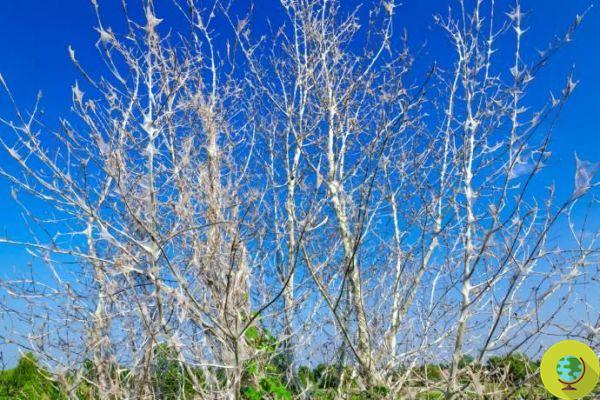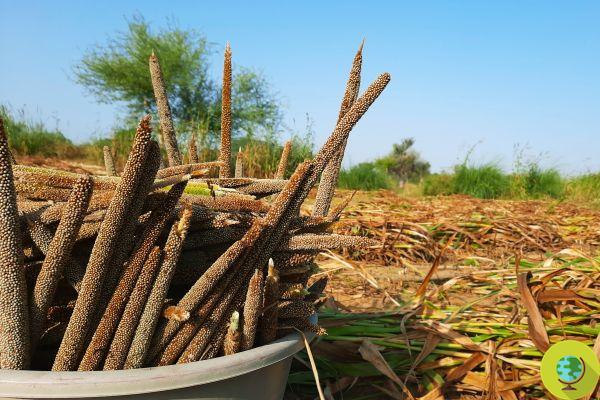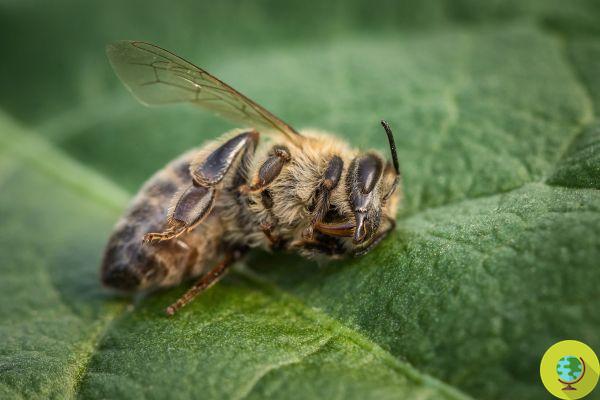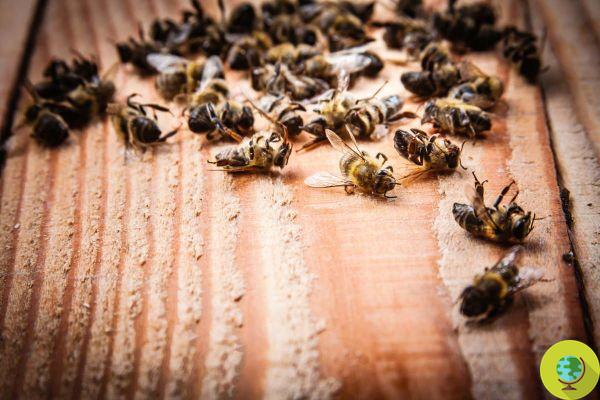
In Trentino, the situation of bees is again taking stock, but while an improving scenario is highlighted in a conference of farmers, the Federation of local beekeepers highlights dramatic data on pollen contamination with pesticides
He is about to end up run over, his mother saves him
In Trento, a conference organized by Apot apple producers (Associazione Produttori Ortofrutticoli Trentini) was an opportunity to take stock of the situation on bees in Trentino. Too bad, however, that the local beekeepers had not been invited and were unable to express their concerns.
Speaking during the conference "AAA - Bees, agriculture, environment: these are the three priorities in climate challenges" was, among others, the agriculture councilor of the Autonomous Province of Trento, Giulia Zanotelli, who underlined some effects positive of the strategies implemented to reduce the use of pesticides on the territory.
But the Federation of Trentino beekeepers is not there and in a press release relating to the conference he writes:
In summary, for beekeeping, a situation that is not too worrying and also improving over time. Frankly, we do not share this analysis (...) Our annual pollen analysis data tell us that we are in a much more dramatic situation than the one depicted in the conference, with a large quantity of active principles of pesticides present in the pollen collected and analyzed.
Point by point, the Trentino beekeepers explain why the scenario is, in reality, much more worrying than what emerged from the conference.
The analyzes to which they refer were carried out between April and July, the period of the year in which bees collect the most pollen and also the one in which household poisonings occur most frequently.
The beekeepers explain:
The period in which the analyzes are carried out is of crucial importance, the pesticides brought into the nest then remain stored in the honeycombs for the whole season as "bee bread", the most important food of the colony. This situation is causing chronic poisoning of bee families.
These analyzes are carried out annually and also the comparison with what was recorded in the previous years does not at all testify to an improving situation but the exact opposite, as well as the bio-monitoring on pollen conducted by the Beekeepers Association of the Val di Sole with the collaboration of Libera University of Bolzano which found 15 different insecticides, 43 fungicides and some herbicides in the analyzed samples.
Beekeepers write that:
Regarding the toxicity of pesticides for bees, it is difficult to think that such a high number of insecticides, fungicides and herbicides can cause harm that is not worrying for bees. After all, the experience of the last twenty years tells us that in some cases we have not been able to determine the real impact on bees even of a single active ingredient given that some products, after being authorized on the basis of serious toxicity tests, have been withdrawn from the market due to adverse effects on bees which are not investigated in the tests themselves. At this point it is evident that we are certainly not able to evaluate the toxicity of dozens and dozens of different active ingredients that can also combine with each other or with the substances contained in the hive. In our opinion, the situation is dramatic and would require serious interventions in the short term.
When will it be decided to definitively ban pesticides dangerous to bees by finding alternative solutions to guarantee yields?
Follow us on Telegram | Instagram | Facebook | TikTok | Youtube
Source: L'Adige
Read also:
- Even the new generation pesticides considered "safe" are dangerous for bees: a study confirmed
- Pesticides are increasingly toxic and are killing bees, we need to save them NOW
- Three-quarters of the world's honey contains pesticides: the shock study




